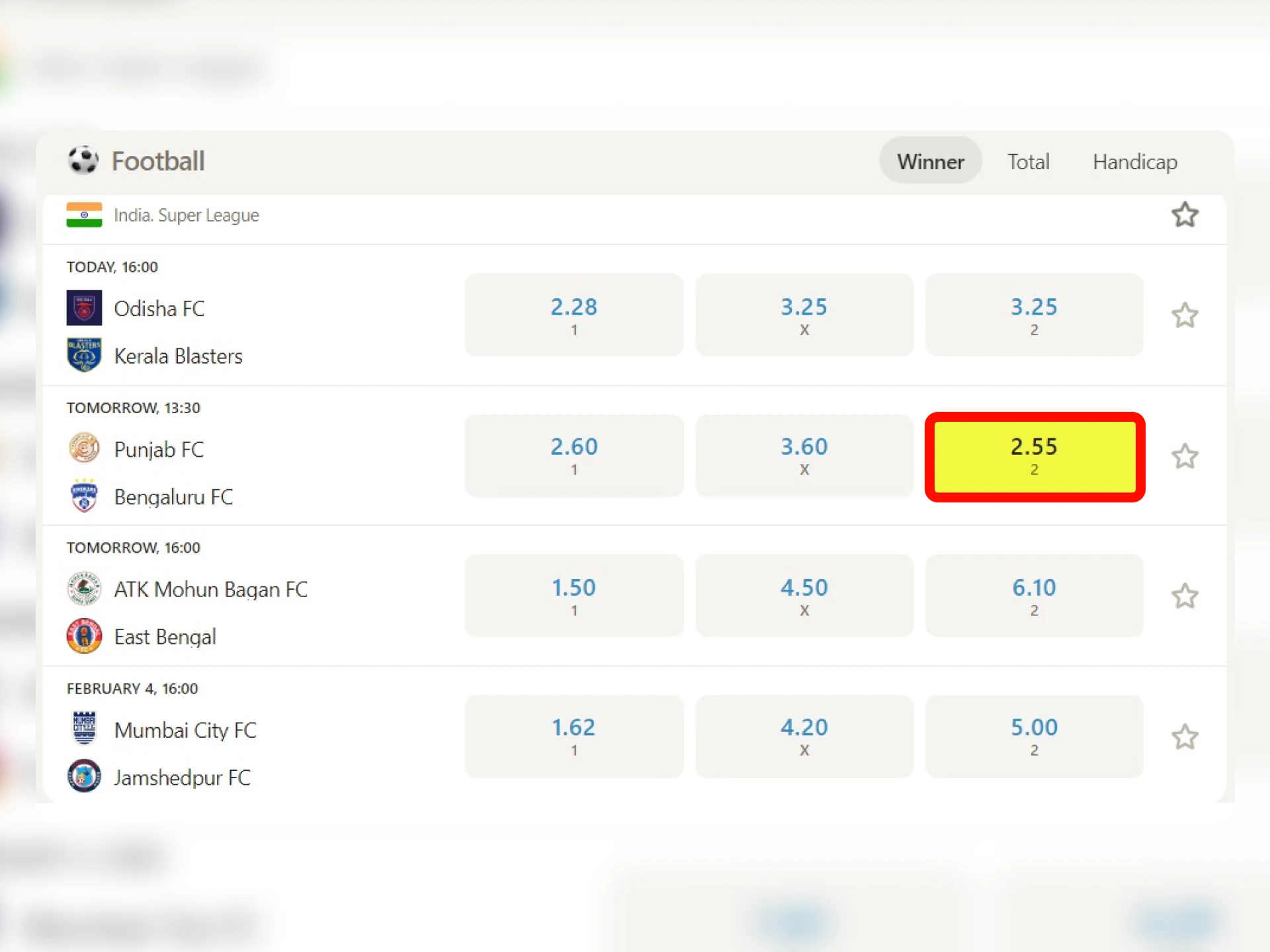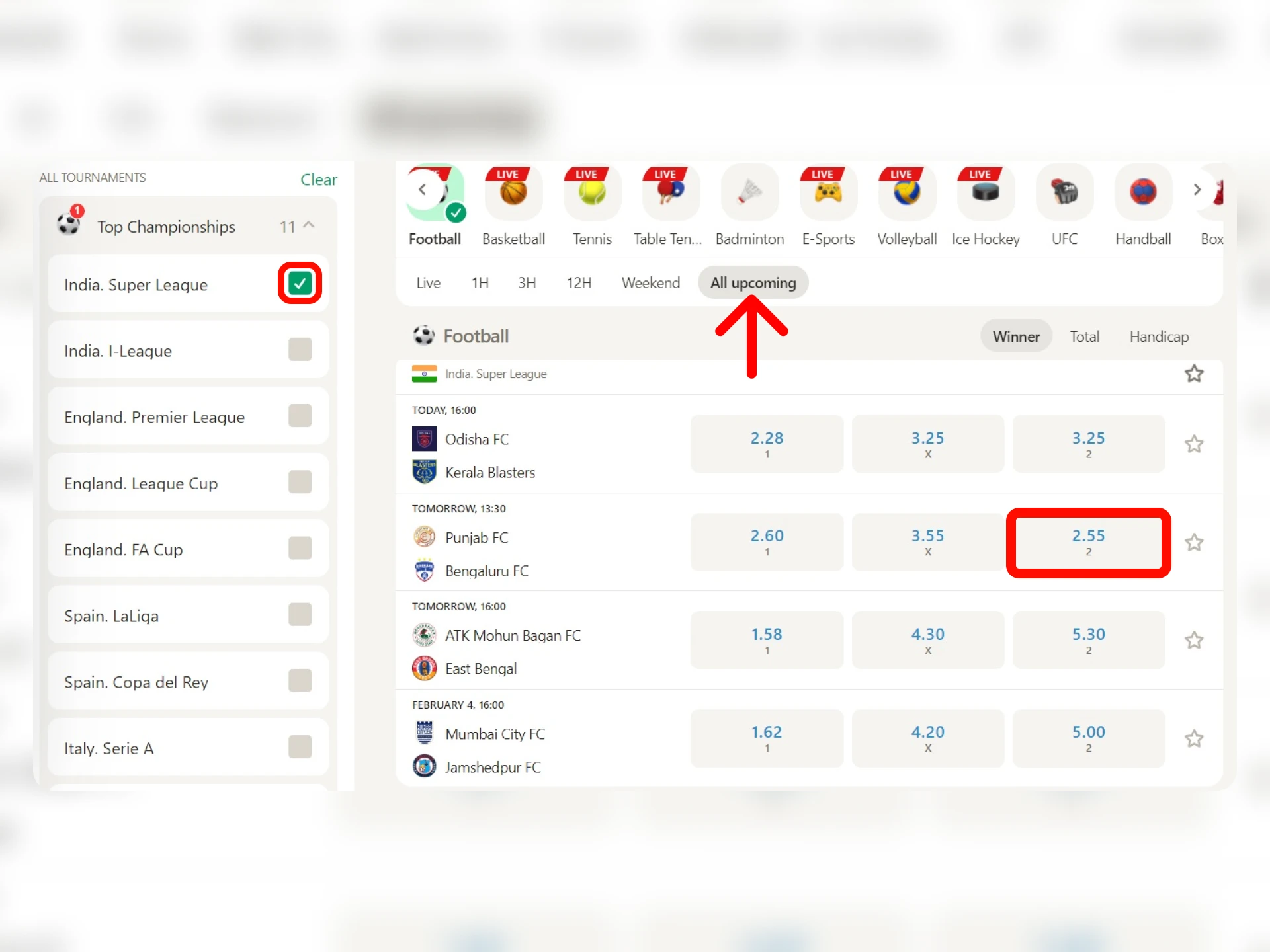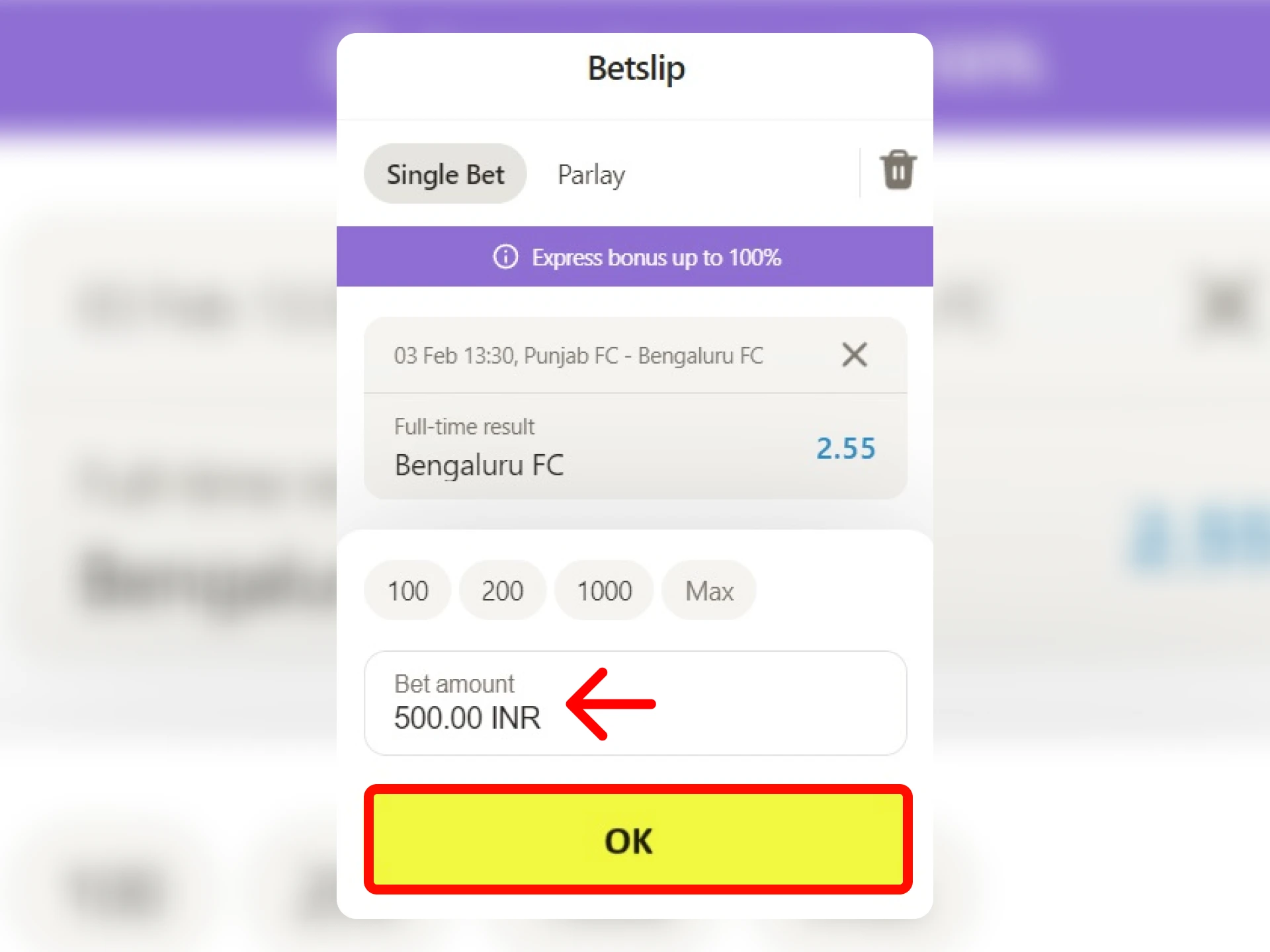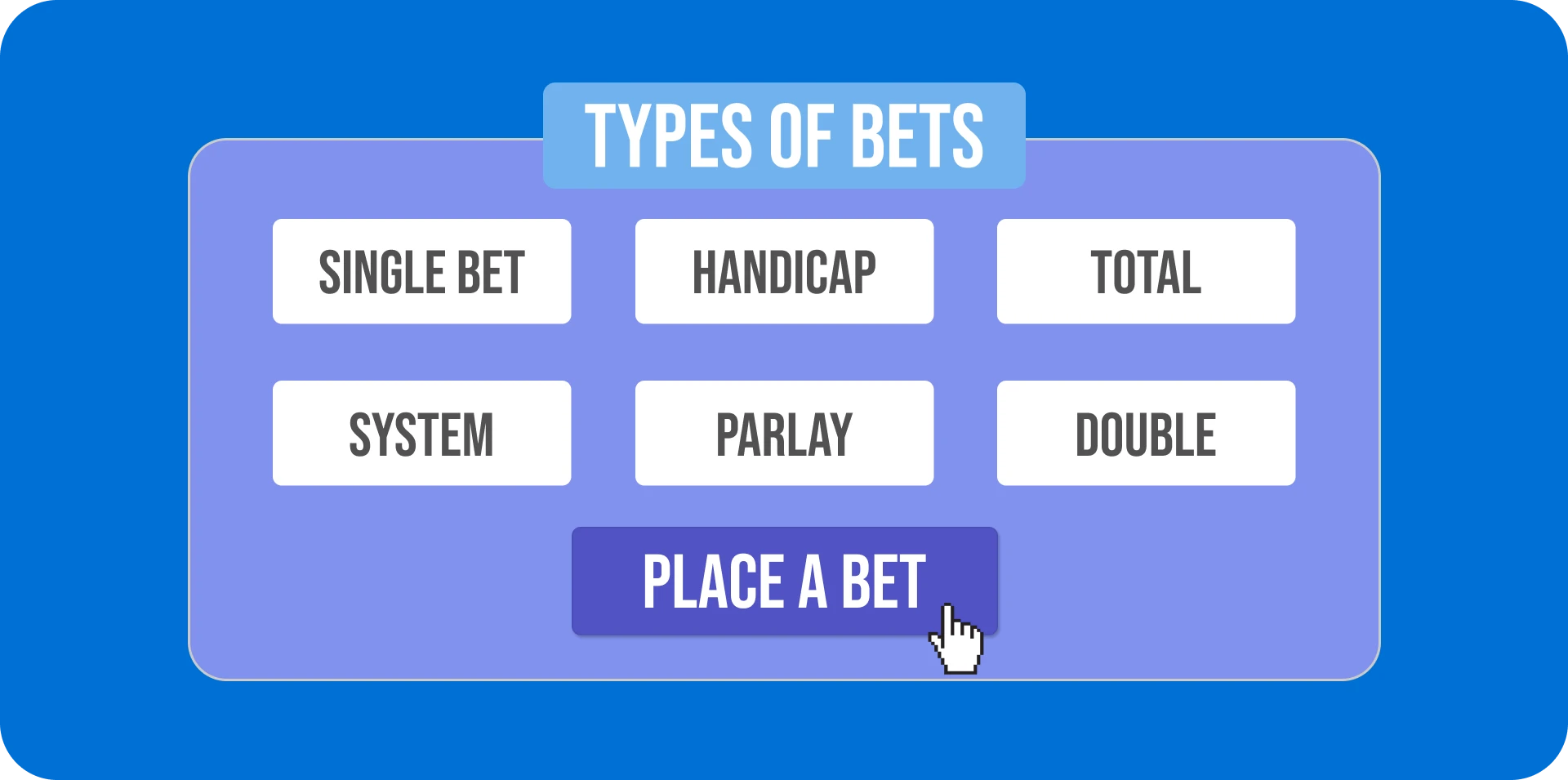Updated:
Types of Single Bets
Despite the fact that the single bet is positioned as a straight one, bookmakers offer several types of such bets, with additional rules and conditions:
- Outcome bet. A single bet option implying three possible outcomes: victory for one of the participants (teams) or a draw;
- Handicap. In fact, it is the same single “outcome bet”, but with a preliminary handicap of several points for one of the teams;
- A double chance. An alternative name is “against a draw”. Assumes the victory of one of the participants in the match. Depending on the rules of the bet, in the case of a defeat, the player is counted and the amount goes to the BC or the amount of the bet (possibly minus a certain percentage) is returned to the player. The difficulty of this type of single bet lies in the conditions of a draw, which must be carefully read;
- Total. The Total bet is placed on sports where points/goals/pucks, etc., are involved. There are two varieties of single bets of this type:
- Total Over is a bet on the total number of points exceeding the bookmaker’s set limit;
- Total Under is a bet on the total number of points being less than the bookmaker’s set limit.
IMPORTANT! Single bets on the exact score are relatively rare and only occur in sports with a low number of scoring points, such as football. This is a rather risky type of bet. Therefore, for novice players who do not have experience and deep knowledge in a particular sport, this bet is not recommended.
An Illustrative Example of the Calculation
The calculation of a single bet can be illustrated using the example of a football match between Punjab FC and Bengaluru FC.
The Bengaluru FC team is the favorite in this meeting with a slight advantage over the Punjab FC team. Therefore, the coefficient for increasing the bet on this team’s win is less and amounts to 2.55. If a player bets 100 rupees on this team, then if Liverpool wins, he/she will receive:
100 x 2.55 = 255 rupees.

How to Place a Bet — Step-by-step Instructions
Registration in 2 stepsTo place a single bet, you need to perform the following actions:
Select a category

Place your bet

Advantages of Single Bets
Single bets have certain advantages:
- Simplicity of calculation and prediction. In addition to the straightforward calculation of the winning amount, even a novice player with minimal knowledge of a particular sport can predict the outcome of a match with a reasonably high probability, at least based on the amount of the bet offered by the bookmaker. The lower the odds, the higher the probability that the team will win;
- Single commission. Unlike “accumulators” or “systems,” the margin, or bookmaker’s commission, which can range from 2–15%, is built into the single bet initially and is paid only once;
- Acceptable level of risk. As practice shows, two single bets on two sporting events are less risky than an “accumulator” consisting of the same events.
Recommendations for Placing Single Bets
Experienced bettors have formulated several rules that are recommended to follow when placing single bets:
- Avoid placing bets with odds ranging from 1.2 to 1.5, even though winning such bets is highly probable. Statistics show that 20% of such bets end up being losses. The net winnings from the previous four successful bets won’t be enough to cover the loss from the fifth. Furthermore, resist the temptation to increase the bet amount, as doing so could quickly deplete your bankroll;
- Familiarize yourself with the rules for handicaps and totals in single bets. This is especially important for draws in matches. Some bookmakers have specific rules for settling bets if certain conditions aren’t met;
- Limit the amount of your bet. As practice shows, it’s not advisable to raise the amount of a single bet above 5–7% of your allocated bankroll. Even if the player is confident in the victory, it’s not recommended to raise it above 15%.
Conclusion
Single bets are the simplest type of wagers and are recommended for novice players to consider. However, experienced bettors also utilize them for both large bets aiming for significant wins and as part of strategies to offset potential losses.
Learn More




Comments